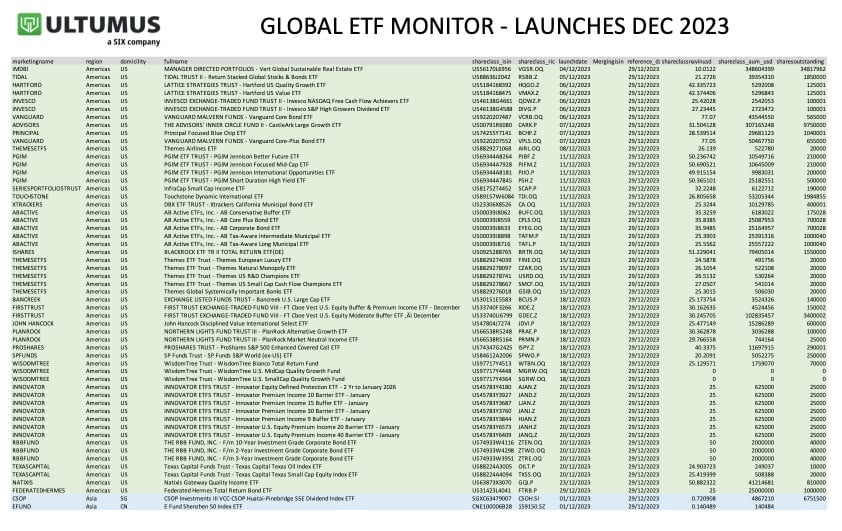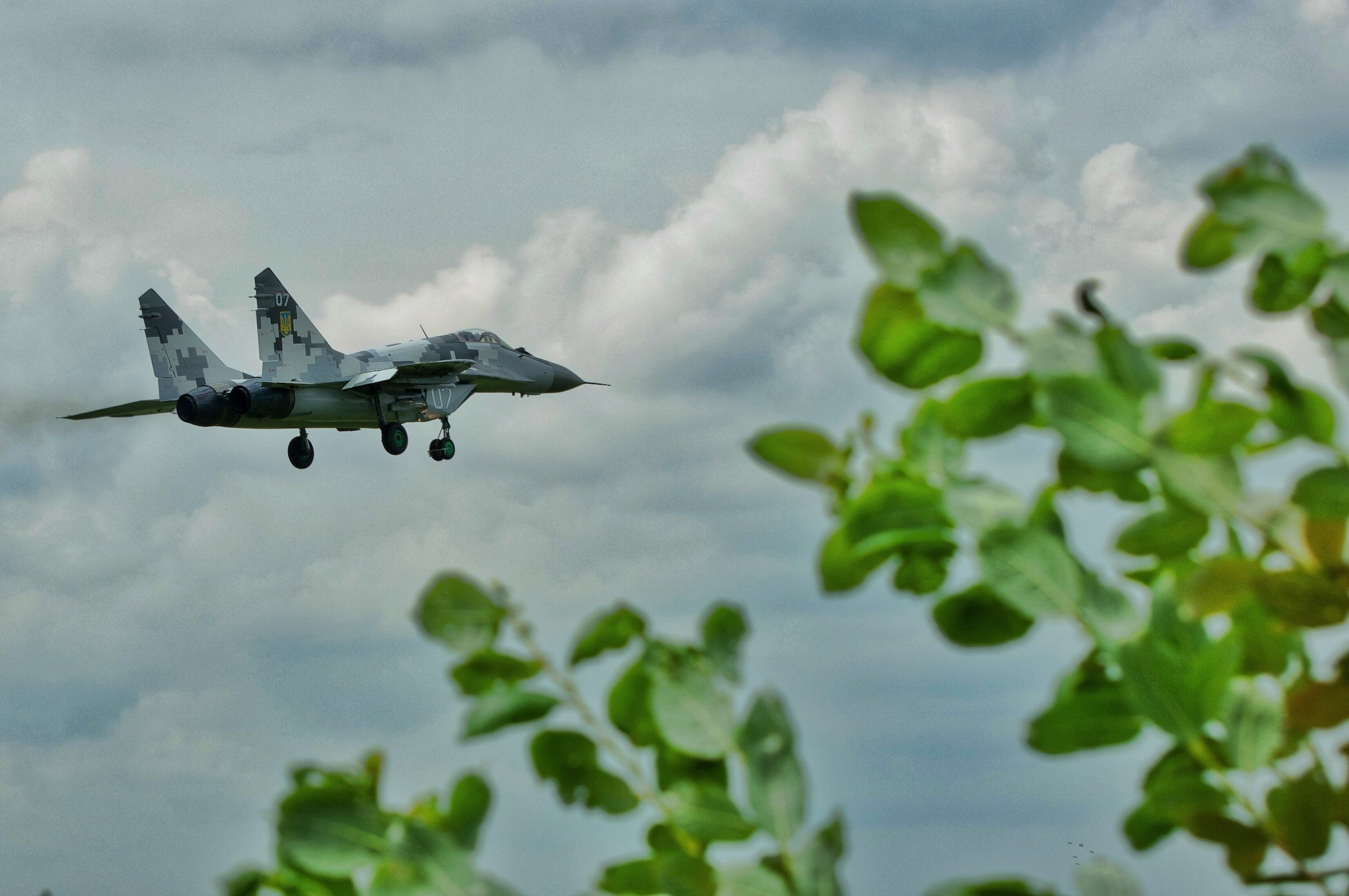KranesShares targets Asian dividend aristocrats
KraneShares, the China ETF specialist majority owned by ICBC, is launching an Asian dividend aristocrats ETF.
The KraneShares S&P Pan Asia Dividend Aristocrats ETF (KDIV) tracks the S&P Pan Asia Dividend Aristocrats Index.
The index is made from the highest yielding Asian companies. To qualify, companies must be included in the S&P Pan Asia Broad Market Index and have steadily increased their dividend payouts for 7 straight years—subject to a one-year buffer. Companies are chosen and weighted by dividend yields, subject to a 5% cap for each stock and a 30% cap for each country.
The fund charges 0.69%.
Bernie’s commentary – tax, and dividend traps
Dividend ETFs are in vogue again and are seeing inflows in the US. Rising rates make cheap value stocks attractive. Dividend yields are a way to proxy for value. Still, there is a lot to be said here. Some of my thoughts:
- The fund charges high fees. And foreign governments tax dividends. Take these together and the yield will disappoint.
- Asking for increasing dividends for 7 straight years seems both arbitrary and onerous. It also seems to bias certain sectors like property and banks, which have less lumpy earnings. I cannot understand why S&P has chosen this threshold especially as S&P has a forecast dividend division.
- Australian companies – which feature heavily in this fund – are famous for their large dividends. However a lot of the yield owes to the negative tax rates – called “franking credits” – that the Australian government gives local shareholders. Crucially, these credits are only available to Australian residents. This ETF therefore won’t receive them.
- The index includes a rule that outright bans companies with dividend yields of more than 10%, viewing them as unsustainable or the sign of a trap. It’s a bit simplistic – why not look at debt levels – but I get it.
- Hong Kong REITs look attractive to me. They have been smashed by protests and China’s lockdown laws. Yet – perhaps because of the political power of Hong Kong’s property tycoons – they’ve been gifted a raft of subsidies supporting their share prices and yields again. It’s nice to see them feature so prominently here.



